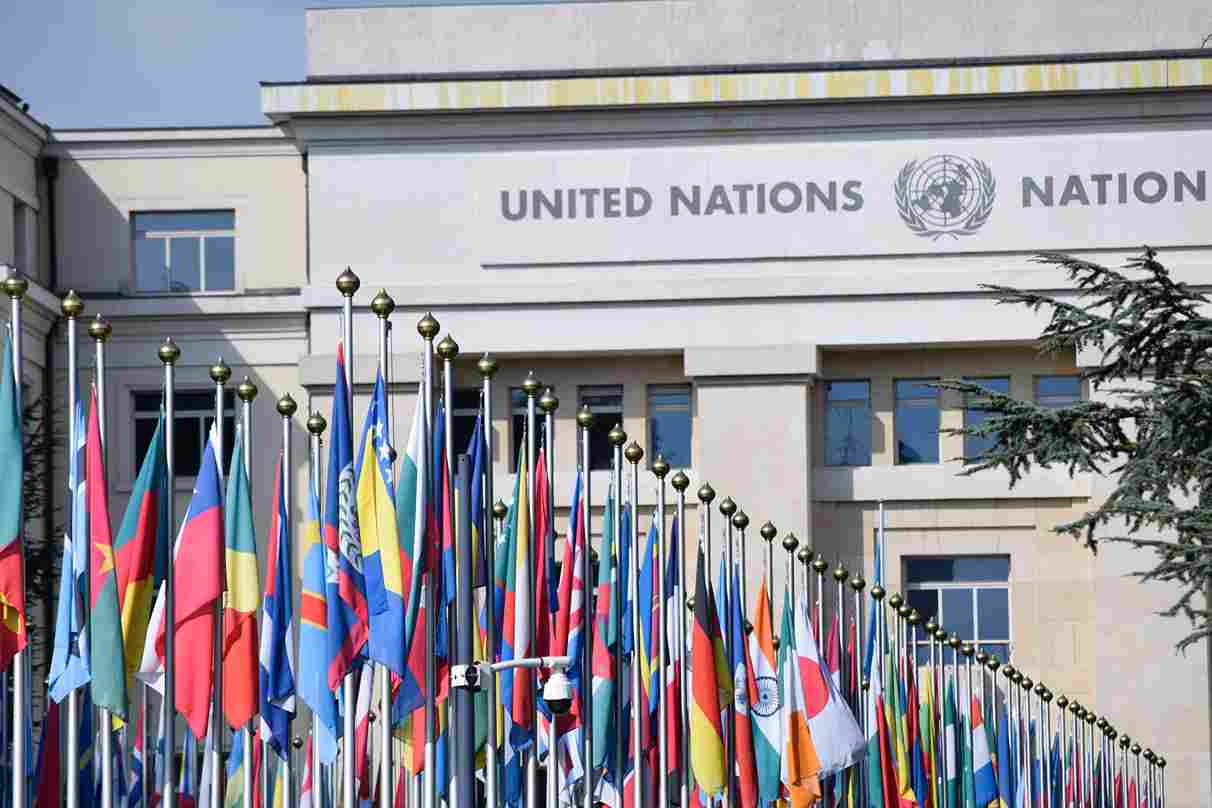By Grace Githaiga
The Kenya ICT Action Network (KICTANet) is a multistakeholder platform and think tank based in Nairobi. The network provides mechanisms and a framework for continuing cooperation and collaboration in ICT matters among stakeholders.
We would like to congratulate you, the Chair, on your continued, determined leadership that has steered the process into where it is today and make the following proposals:
We would like to make general comments on the issue of Regular Institutional Dialogue in particular on what needs to be taken into account in the latest developments on the Programme of Action as well as ongoing discussions on other proposals made related to regular institutional dialogue and how we can align different synergies and best develop a future mechanism for ICT security.
We suggest:
- Multistakeholder approaches: Civil society can facilitate dialogue and collaboration to ensure coordinated approaches to cybersecurity capacity building. For example, forums such as the Kenya IGF and roundtables have been successful models of stakeholder engagement. Stakeholders should also be onboarded on national cybersecurity committees and CERTs for better coordination.
- Frameworks for regulations and policies: support adaptable policy frameworks that can handle the ever-changing and complex cyber threats. KICTANet has advocated for policies that promote responsible cyber behaviour, supported cybersecurity capacity-building initiatives, and advocated for cybersecurity policies and practices that respect human rights, privacy, and other ethical principles.
- Building Capacity: States need to invest in projects such as training courses and knowledge-sharing resources aimed at increasing capacity to improve people’s, businesses’, and governments’ cybersecurity expertise. For example, KICTANet has developed various curricula for national cyber hygiene awareness, digital security, and digital resilience training. We have also documented Kenya’s cyber capacity-building needs.
- Strengthening digital resilience. KICTANet has established the Tatua (Swahili for resolve) digital resilience centre which supports social justice organisations in East Africa to respond to cyber incidents, including offering technical assistance, legal advice, and psychological support.
- Promoting digital inclusion: KICTANet has established the Angaza Community Network, which bridges the digital divide and connects communities to the internet. Through the network, the public can access information on digital skills and cyber hygiene.
- Research and Development: To keep ahead of new cyber threats, it will be important for states to support research and development activities. We therefore call on investing in cutting-edge techniques and technologies that can improve cybersecurity posture overall.
- Awareness and Education: KICTANet has been working to encourage people and organisations to be aware of cybersecurity and adopt cyber hygiene as a daily practice and as a defence mechanism against cyber threats and risks. And finally,
- Frequent Reviews and Updates: Ensure the ICT security system is regularly reviewed and updated to reflect evolving threats and technical developments.
Statement by KICTANet during Informal Dialogue with the Chair of the Open-ended Working Group on the security of and in the use of information and communications technologies 2021-2025, during a virtual, informal dialogue with stakeholders prior to the sixth Substantive Session of the Open-Ended Working Group (OEWG) on the Annual Progress Report (APR) on December 5, 2023
Grace Githaiga, Convenor, KICTANet www.kictanet.or.ke
![]()




